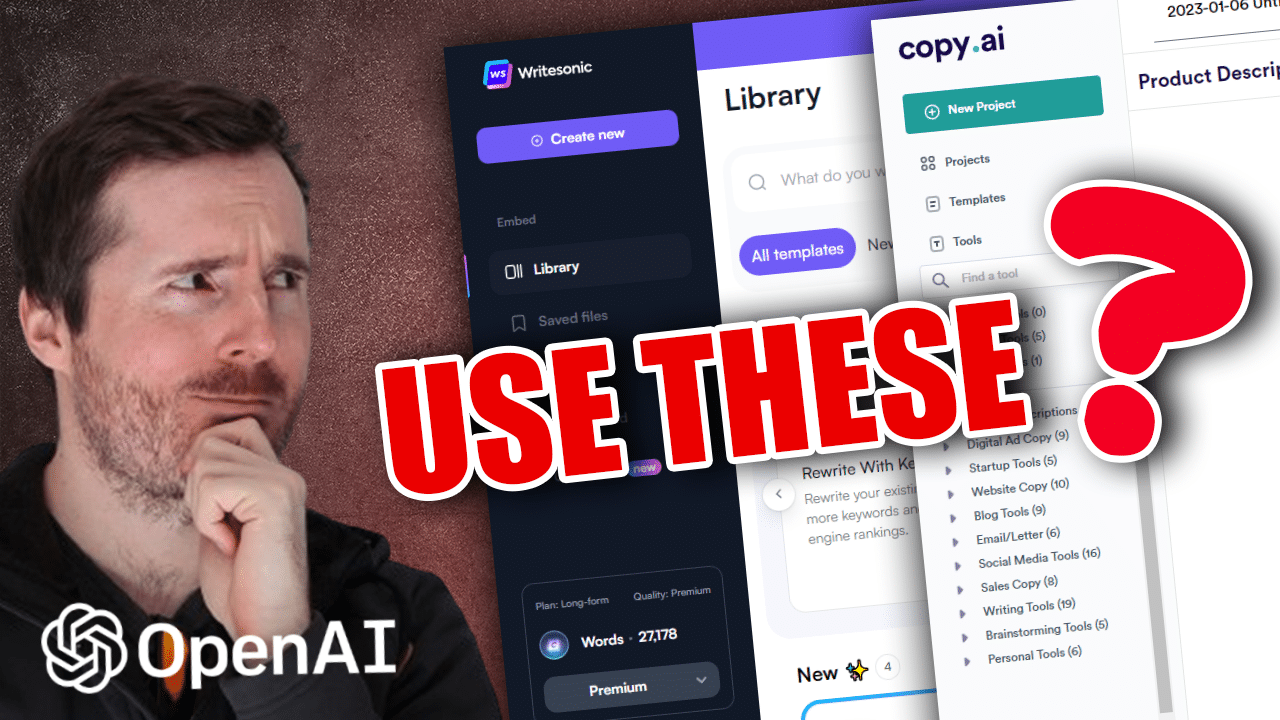Search Engine Optimisation (SEO) is a dynamic field, with trends and best practices constantly evolving. Staying updated with these changes is crucial for any business looking to maintain or improve their online visibility. This comprehensive guide provides effective SEO strategies for 2023, specifically tailored for New Zealand businesses.
Create High-Quality Content
High-quality, informative, and relevant content is the cornerstone of SEO. For example, a blog post that provides a step-by-step guide on how to use your product could be considered high-quality content. It’s what attracts visitors to your site and keeps them there. Whether it’s blog posts, product descriptions, or informational articles, ensure your content provides value to your audience.
Use Relevant Keywords
Keywords are the terms that your target audience uses to search for products, services, or information online. For instance, if you’re a bakery in Auckland, relevant keywords might include “bakery in Auckland,” “best bread in Auckland,” or “gluten-free bakery in Auckland.” Use tools like Google Keyword Planner or SEMrush to find relevant keywords for your business, and incorporate them naturally into your content.
Optimise for Mobile Devices
With the increasing use of smartphones and tablets for online searches, it’s vital to ensure your website is mobile-friendly. This means your site should look and function well on all device types, providing a seamless user experience.
Build Backlinks
Backlinks, or links from other websites to your site, signal to search engines that your content is valuable and trustworthy. You can build backlinks by guest blogging, participating in online forums, and submitting your website to directories.
Leverage Social Media
Social media platforms are excellent channels for promoting your website and attracting new visitors. Share your content on platforms where your target audience is active, engage in conversations, and use relevant hashtags to increase visibility.
Track Your Progress
Tracking your SEO progress is crucial for understanding what’s working and what’s not. Tools like Google Analytics provide insights into your website traffic, user behavior, and the effectiveness of your SEO strategies.
Use Long-Tail Keywords
Long-tail keywords are more specific search phrases with lower search volume, but they can attract highly targeted traffic. For example, instead of targeting the keyword “bakery,” you could target a long-tail keyword like “gluten-free bakery in Auckland.” While these keywords can be more challenging to rank for, they are often more effective at attracting targeted traffic.
Create Infographics and Videos
Visual content like infographics and videos can make your content more engaging and shareable. They can also help you explain complex topics in a more digestible format, improving user understanding and retention.
Optimise for Voice Search
As voice search becomes more popular, optimising your website for voice search is becoming increasingly important. This involves using natural language and question-based keywords, as these are more common in voice searches.
Use Schema Markup
Schema markup is a form of microdata that helps search engines understand your content better. It can be used to provide additional information about your business, reviews, products, and more, which can enhance your visibility in search results. To learn more about how to use schema markup, consider resources like Schema.org.
Optimise for Local Search
Local SEO is crucial for businesses that want to attract customers in their local area. Make sure your website includes your business’s name, address, and phone number (NAP) in a consistent format across all pages and online listings. Also, consider using local keywords and creating content that is relevant to your local audience.
Engage with Customers on Social Media
Social media isn’t just for promotion – it’s also a powerful tool for customer engagement. Respond to comments, participate in discussions, and use feedback to improve your business. This not only builds relationships with your customers but also signals to search engines that your business is active and valued by its customers.
Monitor Your SEO Progress
SEO isn’t a one-time task – it’s an ongoing process. Regularly monitor your website’s performance using tools like Google Analytics and Google Search Console. Look for trends, identify issues, and adjust your strategies as needed. Remember, SEO success doesn’t happen overnight, but with consistent effort and analysis, you can see significant improvements.
By following these tips, New Zealand businesses can stay ahead of the curve and ensure their online visibility in 2023 and beyond. Remember, SEO isn’t a one-size-fits-all solution – what works for one business might not work for another. Therefore, it’s important to continually test, learn, and adapt your strategies to what works best for your business.





